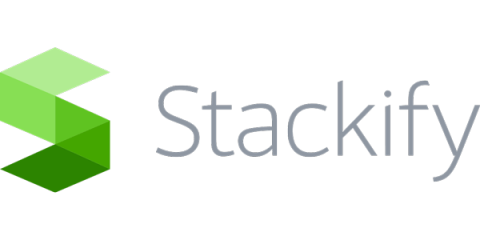Development and the Cloud: 5 Ways Development And the Cloud Will Come Together in 2020
More and more companies are beginning to turn to Development and the cloud as a way to improve their software teams. Whilst it used to be that development and operations were seen as separate, that view has now changed. Linking the two leads to better communication, faster development times, and the ability to stay on top of things.






